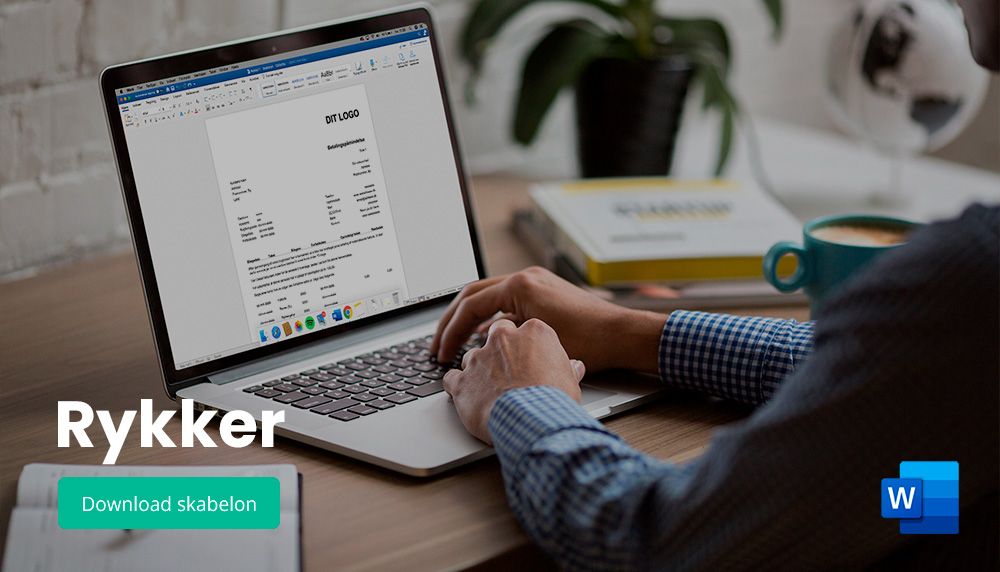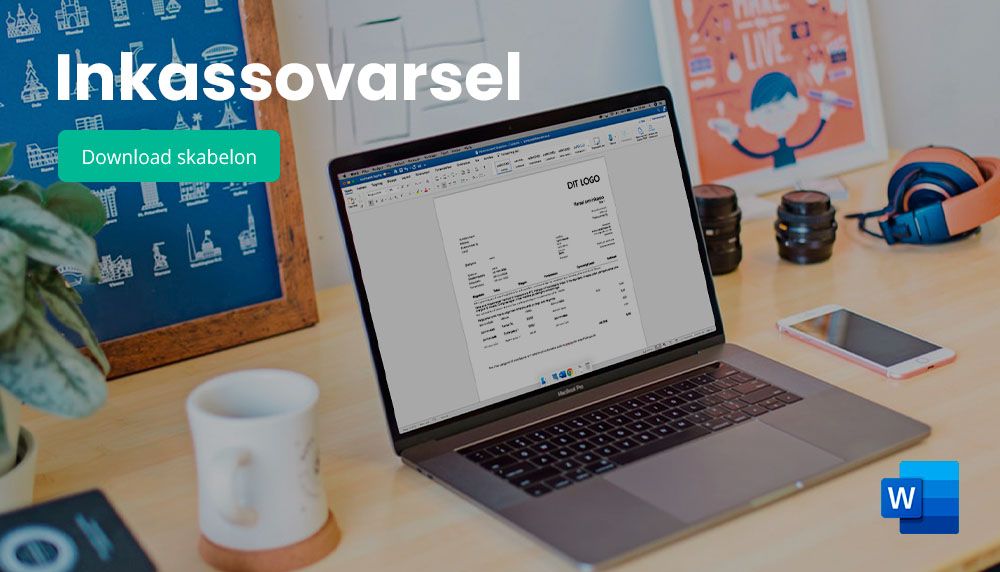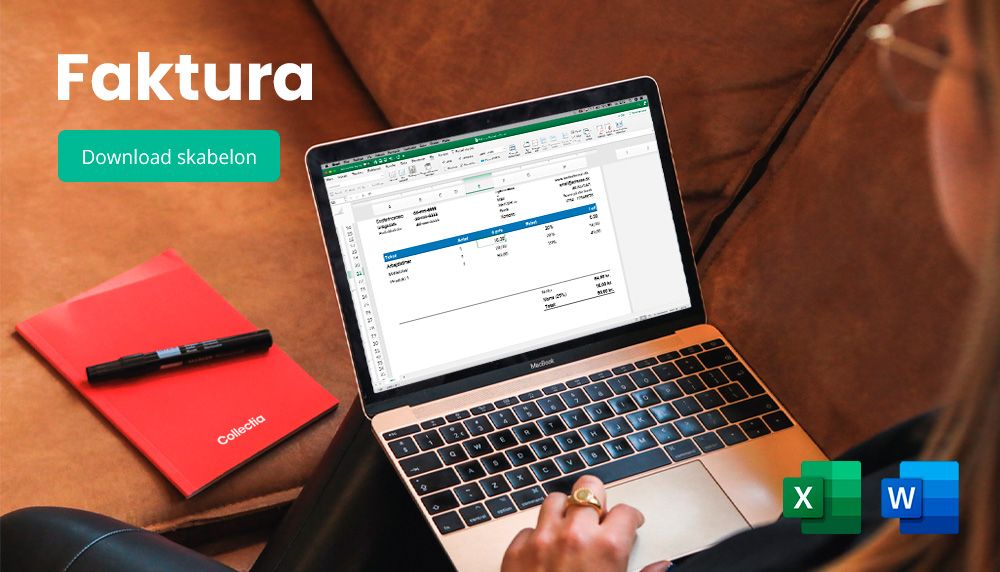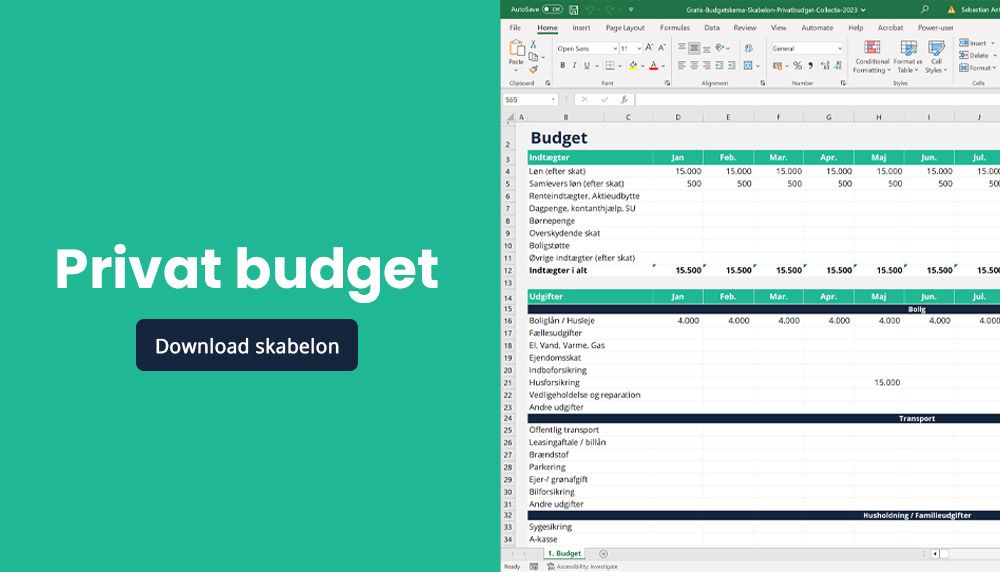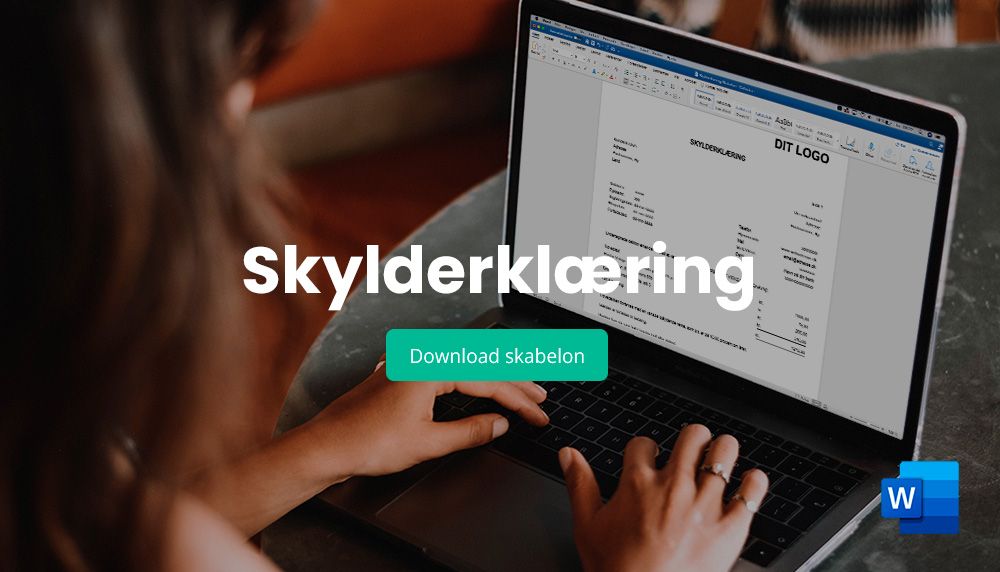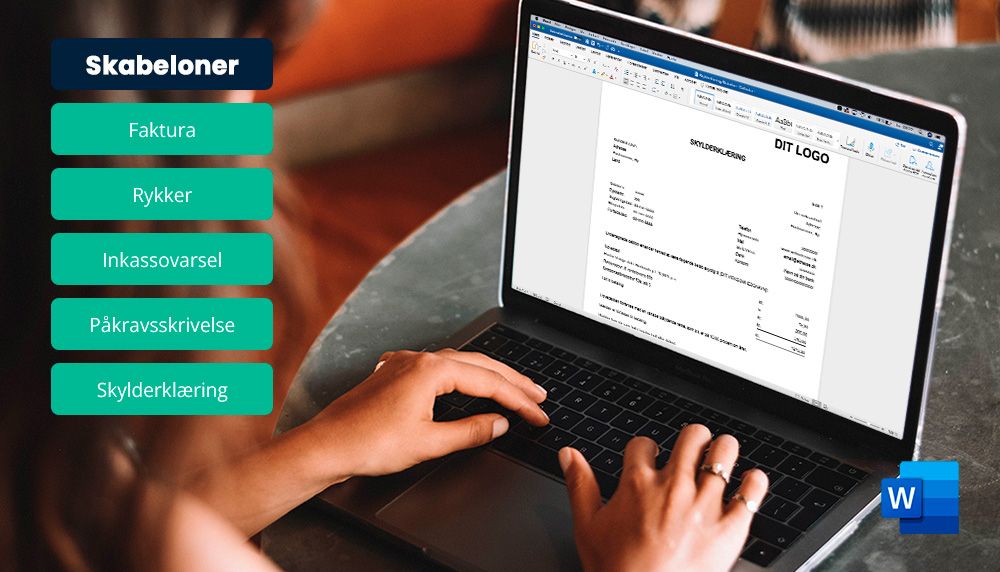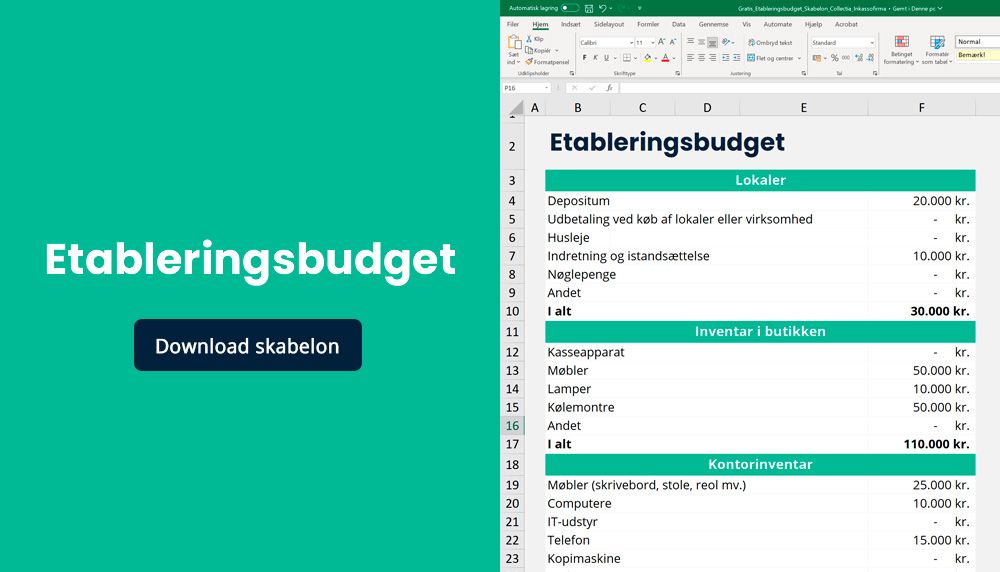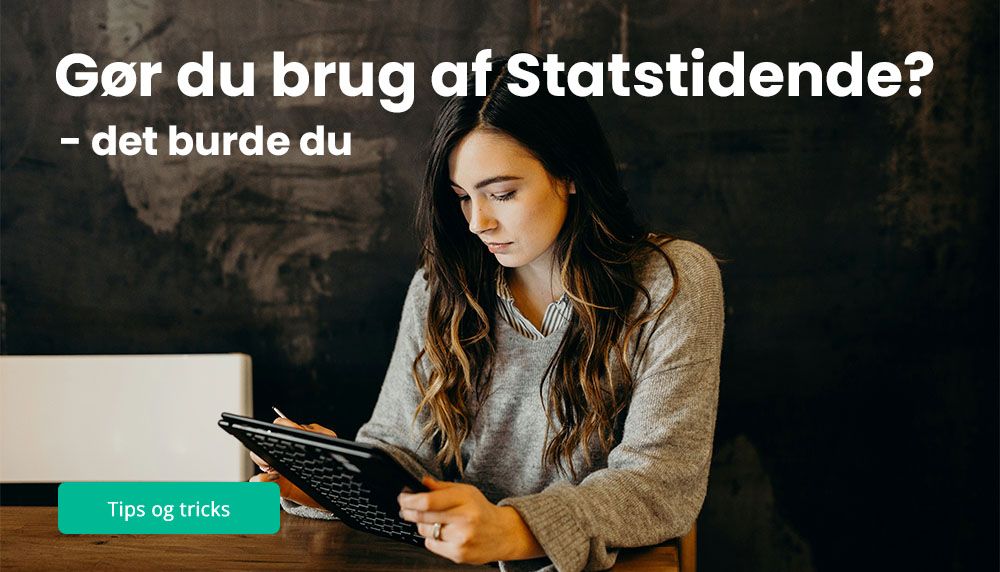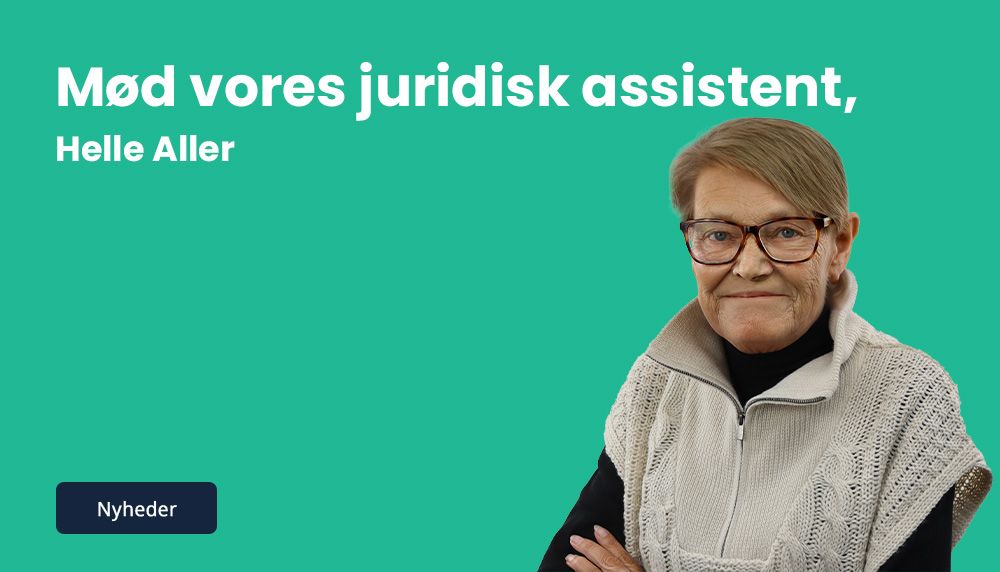
Voluntary conciliation
A voluntary settlement is a legal term for an agreement between two parties, a debtor and a creditor, to acknowledge one or more unpaid matters - such as unpaid invoices or other debts.
With a voluntary settlement, the debtor acknowledges owing money to a creditor. Without a voluntary settlement, the debtor has not acknowledged their debt or outstanding balance, for example, the debtor has received an invoice from the creditor.
A voluntary settlement can basically take many forms; the debtor has acknowledged the non-payment in writing or by filling out a promissory note.
Benefits of a voluntary settlement
There can be many obvious reasons to get a written acknowledgement of a financial claim as a voluntary settlement - for both creditor and debtor.
The debtor has the opportunity to negotiate an installment plan with the creditor where the claim is paid over x number of months, while the creditor has a legally stronger claim against the debtor.
Because while simple claims, such as an unpaid invoice, are generally time-barred after 3 years - written recognized claims, such as loan documents, voluntary settlements and the like, are time-barred after 10 years.
In other words, this means that you as a creditor can pursue your claim for 10 years instead of 3 years - without having to ask the enforcement court for an extension after 3 years.
In popular terms, a voluntary settlement has the same legal effect as a judgment from the enforcement court. This means that both debtor and creditor avoid having to go to the enforcement court by entering into a voluntary settlement and the associated expenses and costs.
Take advantage of the voluntary settlement
Both debtor and creditor should take advantage of the voluntary settlement. Because while both parties often want the case to be resolved - many people see the guilty plea or voluntary settlement only as a benefit to the creditor. But this is far from correct.
The debtor also gains a wide range of benefits from acknowledging the debt - including an obvious opportunity to enter into a constructive dialogue to establish an agreement on the debt. This could be, for example, reducing the debt, establishing an installment plan, deferring the debt or similar. This should then be written into the document that is established around the debt declaration / voluntary settlement.
Voluntary settlement template
Basically, there are no major requirements and formalities around a promissory note, voluntary settlement or declaration of debt - but they all have the same purpose: for the debtor to acknowledge their debt in writing.
There are many great templates available for both promissory notes, statements of indebtedness or voluntary settlements - but basically, it's all about you as a creditor creating a document that contains;
- Creditor's name and generalia
- Debtor's name and general information
- Amount of debt + any applicable fees
- If applicable, what the debt relates to and with reference to e.g. invoice no.
- Debtor and creditor signature
- Date of signature
